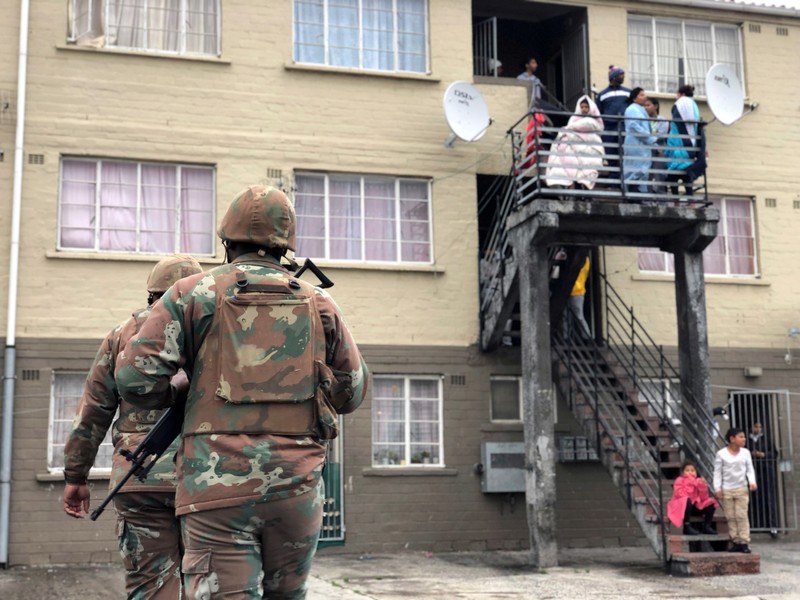
Texas Gov. Rick Perry campaigning for Senate Republican candidate and North Carolina House Speaker Thom Tillis, Oct. 24, 2014, in Smithfield, North Carolina
Getty Images
Secretary of Energy Rick Perry told CNBC that it’s too soon to say whether the U.S. will need to use its emergency crude reserves to offset the surge in oil prices stemming from drone strikes on Saudi Arabia’s oil processing plants over the weekend.
“I think we’re yet a little premature in making in comments on … whether or not the SPR’s going to be needed until we get a real handle on the length of time that this facility is going to be down,” Perry told “Squawk on the Street” on Monday.
The attack hit an oil processing facility at Abqaiq and the nearby Khurais oil field, knocking out 5.7 million barrels, or half of daily crude production. President Donald Trump in response authorized the release of oil from the Strategic Petroleum Reserve (SPR), the nation’s emergency oil reserve, should it be needed to stabilize crude prices.
“I think the Saudis are already saying that they’re going to be able to get a third of this production back before the closing of business today,” Perry added. “There’s going to be a spike in this, but again, I want to really clear that the market out there has a fairly substantial amount of oil available,” referring to globe reserves.
Brent crude futures, the international benchmark, rose as much as 19.5% to $71.95 per barrel at the open, the biggest intraday jump on record.
“This disrupted without a doubt and put people on notice that you’ve got some bad actors in the world and you need to be addressing the security side,” the secretary said.
Yemen’s Houthi rebels claimed responsibility for the attack, saying it was one of their largest attacks ever inside the kingdom. The U.S., however, has blamed Iran for the drone strikes on the facilities.
Secretary of State Mike Pompeo said in a tweet Saturday Iran has launched an “unprecedented attack on the world’s energy supply,” while Perry echoed by characterizing Tehran’s activities as “malign.”
It’s “time for a coalition of tame and thoughtful energy producing and energy consuming countries to come together and put a stop to Iran’s malign activity,” he said.

